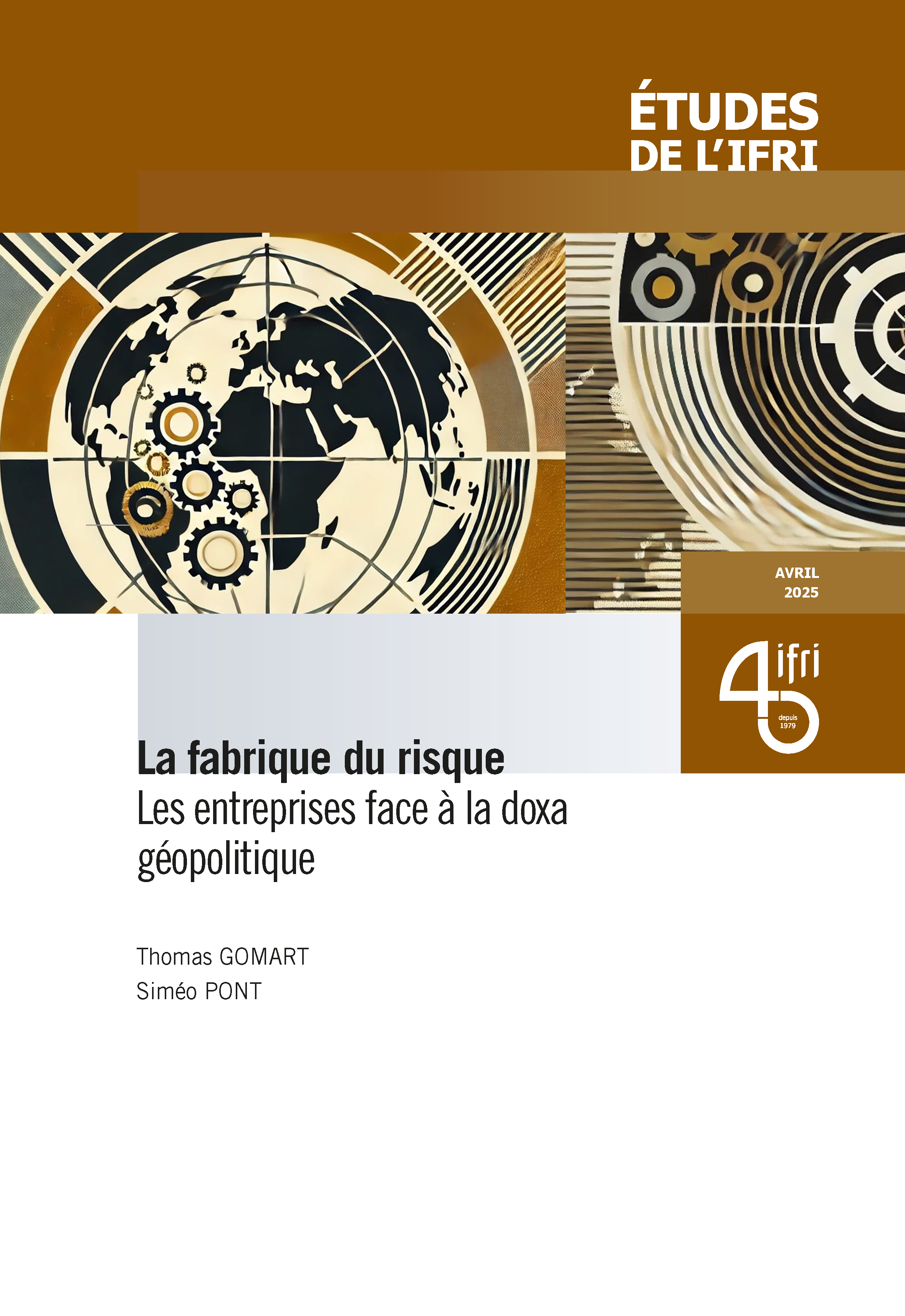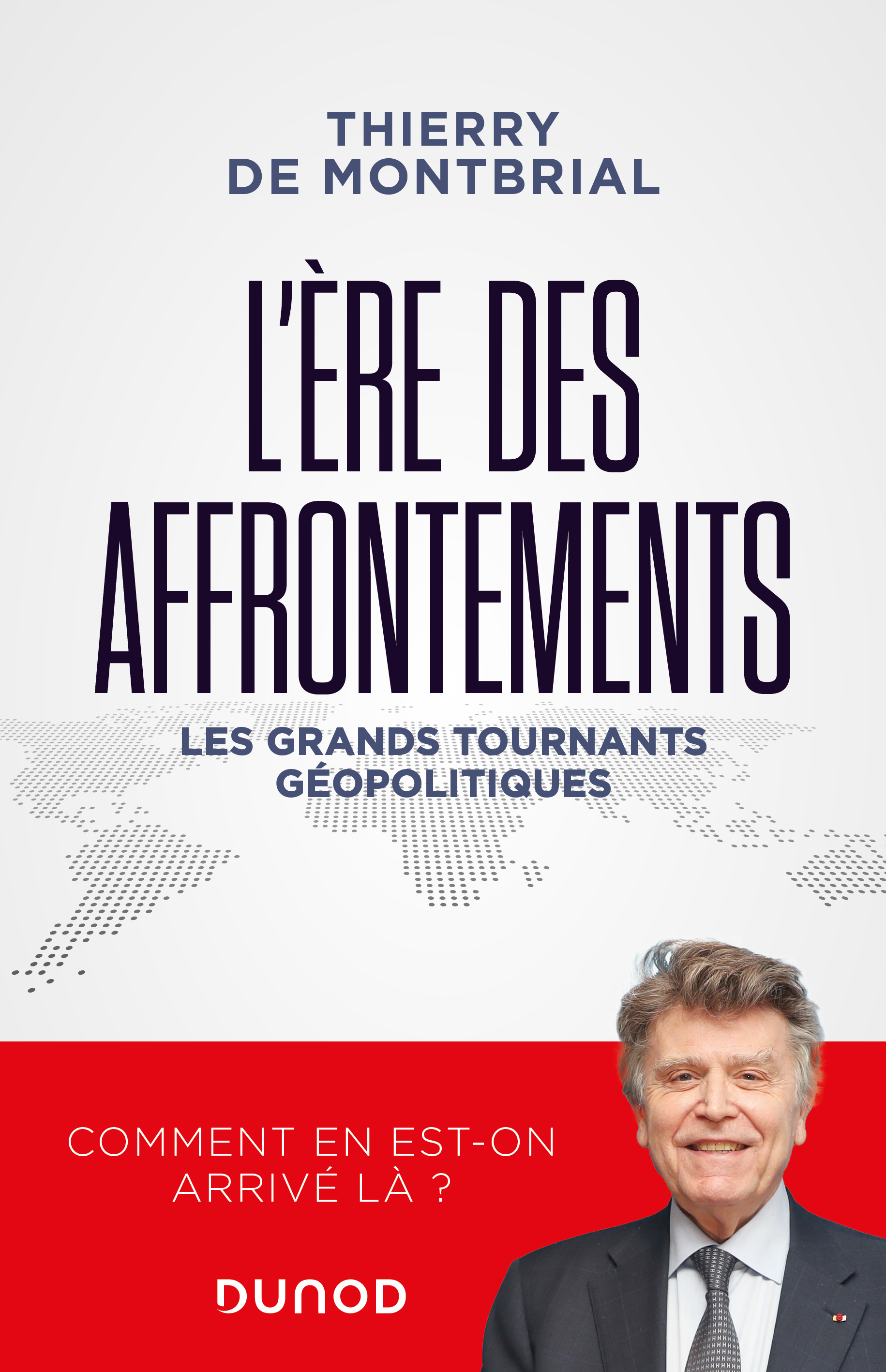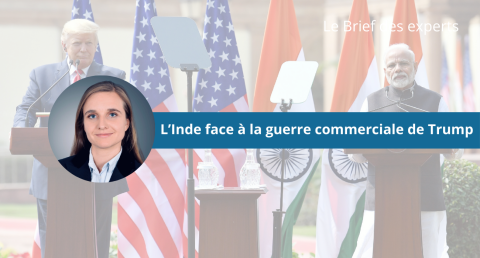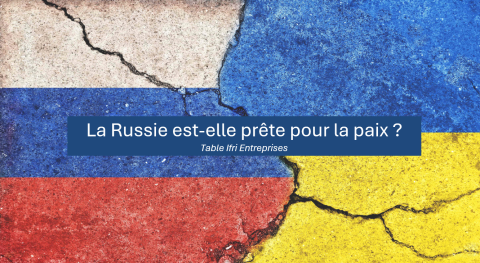East Mediterranean New Offshore Gas Resources: What's in it for Europe?

Informations pratiques
Thématiques et régions
Centres et programmes liés
Ceci est un événement réservé.
En savoir plus sur nos programmes de soutienAs part as the Ifri Energy Breakfast Roundtable series, a seminar with :
Charles Ellinas, CEO of Cyprus National Hydrocarbon Company
Philip Hagyard, Senior Vice President Gas Monetization, Technip
Olivier Silla, Deputy Head of Unit, International Relations and Enlargement, DG Energy, European Commission
Melenaos Ydreos, Executive Director, Energy Vantage, Vice Chairman, Coordination Committee International Gas Union
Maïté de Boncourt, Research Fellow, Ifri
Chaired by Cécile Maisonneuve, Director of the Center for Energy, iIfri and Jacques Lesourne, President of the scientific Committee of the Center for Energy, Ifri.
The wave of deep offshore and unconventional gas and oil exploration projects, rendered economically feasible by relatively high prices and new technologies, has reached the shores of the Mediterranean. Levantine countries, including Cyprus, Israel, Palestinian Territories, Lebanon, Syria, have new offshore gas potentials.
The road leading to a change of energy paradigm in the East Mediterranean is however long and bumpy. In order to benefit from these new resources, these countries will actually have to overcome significant geopolitical, regulatory and commercial hurdles. The share of exports that will be available and the destination of the gas are key questions for the development of the fields and regional energy dynamics. Europe might be an obvious option at first sight.
The EU has long considered possibilities to diversify its gas imports by looking at the region, and some of this gas is located in Cyprus, and EU"s Member State. The current energy landscape, in complete revolution, may not provide a clear cut answer. While European demand is declining, the evolution of the LNG market, and LNG prices in particular is uncertain.
This conference will give insights on the development of these new resources, the opportunities and challenges faced, and finally the European Union's perspective on the issue.
Replay
Sujets liés
Autres événements

Le retour de la « grande coalition » – quel leadership allemand dans un monde incertain ?
Le nouveau gouvernement allemand, une « grande coalition » probablement dirigée par Friedrich Merz, va devoir faire face à un environnement international complexe, marqué notamment par un bouleversement des relations transatlantiques. Les attaques de l’administration Trump à l’égard des alliés traditionnels des Etats-Unis, le rapprochement entre Washington et Moscou, ainsi que les incertitudes qui pèsent sur le futur de l’OTAN, ébranlent les paradigmes de la politique étrangère allemande.
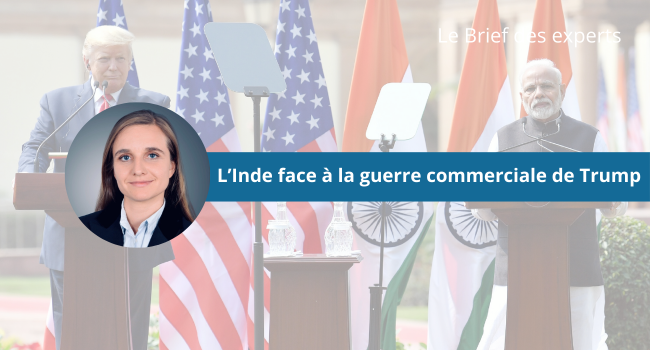
L’Inde face à la guerre commerciale de Trump
Un brief de 30 minutes autour de Sylvia Malinbaum, chercheuse, responsable de la recherche sur l'Inde et l'Asie du Sud au Centre Asie de l'Ifri.
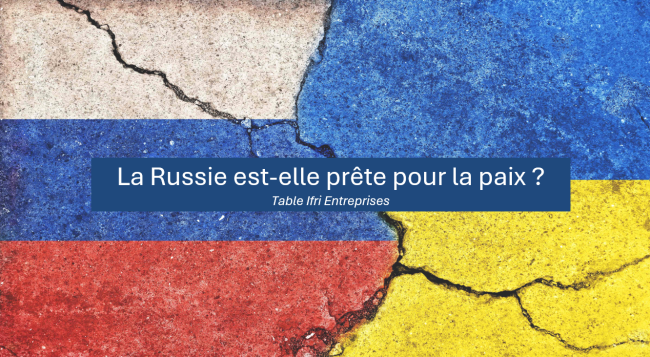
La Russie est-elle prête pour la paix ?
Depuis plus de trois ans, la Russie mène une guerre de haute intensité contre l’Ukraine, qui bénéfice du soutien politique, militaire et financier de l’Occident.


